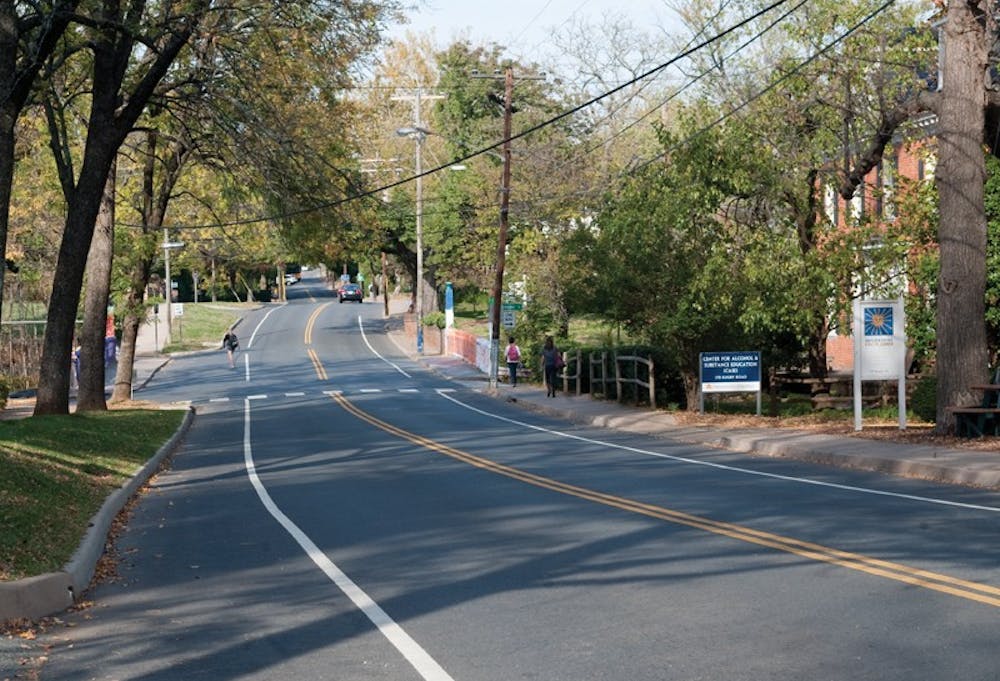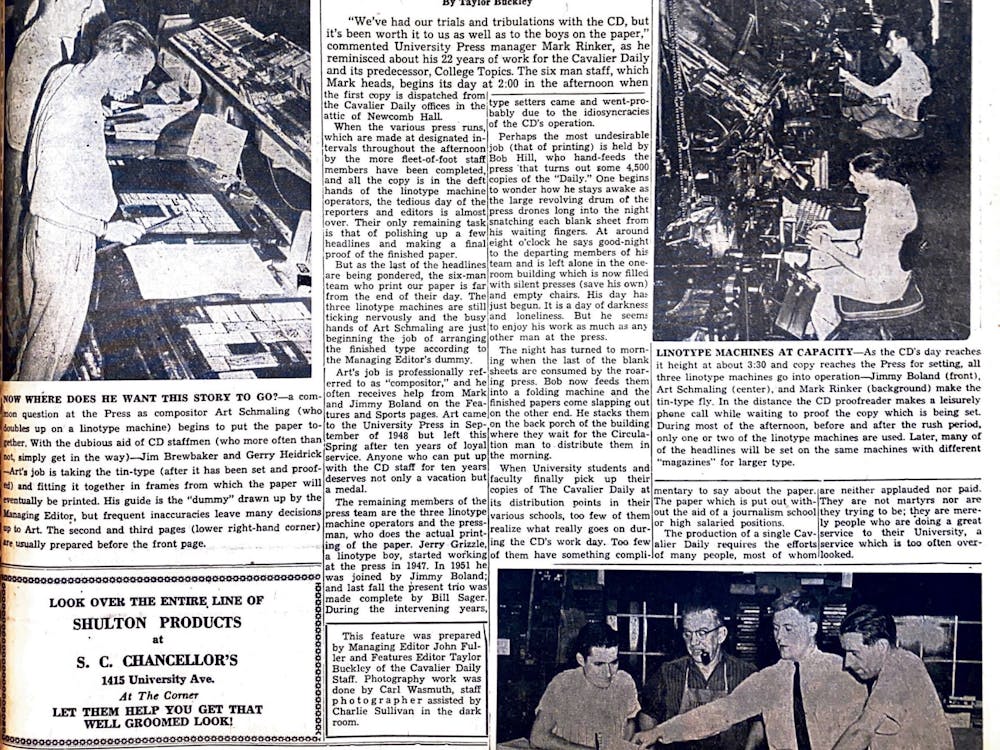The University is awaiting the release of a list of names of those thought to have purchased a fake ID from a distributor on the 900 block of Rugby Road.
The three individuals involved in the distribution were arrested in May after federal investigators raided the suspected headquarters.
To date, legal action has only been taken against the three individuals associated with the distributor. Each individual has been given a prison sentence between two and five years – significantly less than the potential 17-year sentence that could have been given.
Federal investigators have also been led to a potential fourth conspirator, who faces trial in March.
“The gentleman and third parties were charged and convicted in federal court for offences related to this particular fake ID ring. I believe there were money laundering offences that were part of the prosecution as well,” said Thomas Cullen, a partner at Woods Rogers and former federal prosecutor
The conviction of the distributor, known to students as “Novel Designs”, was not considered to be any cause for concern by students.
“It went dead; no one really thought anything of it,” second-year College student Jonathan Warren said.
The US Attorney is planning to provide the University with a list of approximately 25,000 students who are thought to have purchased fake IDs, including driver’s licenses and passports, from this particular distributor.
Once the list of names is released, there are a number of disciplinary actions that students could potentially face.
“[Under] Virginia Code section 18.2-204.2, anybody who unlawfully possesses a fake means of identification, including a driver’s license or even a college ID card, is guilty of a class two misdemeanor,” Cullen said.
In the state of Virginia, a class two misdemeanor is punishable by up to six months in prison and a fine of no more than $1,000.
Cullen believes it is unlikely that students will be criminally prosecuted based on the list alone, as it does not provide sufficient evidence that the students in question actually possess fake IDs. In many cases in which one is accused of possession of a false means of identification, the individual is caught in the act of using the document.
“What’s missing in all of this is evidence that these IDs were actually possessed by these particular students. No prosecutor is going to proceed with a criminal prosecution just based on the fact that someone’s name is on a list,” Cullen said.
At this point, the University has not planned any definite disciplinary actions for students.
According to University spokesperson McGregor McCance, a hypothetical case could be referred to the Honor Committee or to the University Judiciary Committee, but a case would not be referred to both.
University Judiciary Committee Chair David Ensey is not able to acknowledge the presence of any pending complaints against students.
The possibility of an Honor Committee referral brings into question the effect that such a high number of violations may have on the students’ and community’s views of the University’s Honor Code.
“Many students take the Honor Code seriously when it comes to academics, but when it comes to things outside the classroom, other than stealing, people don’t really listen to it so much. It’s not in their brain when they make a decision,” said Warren.





